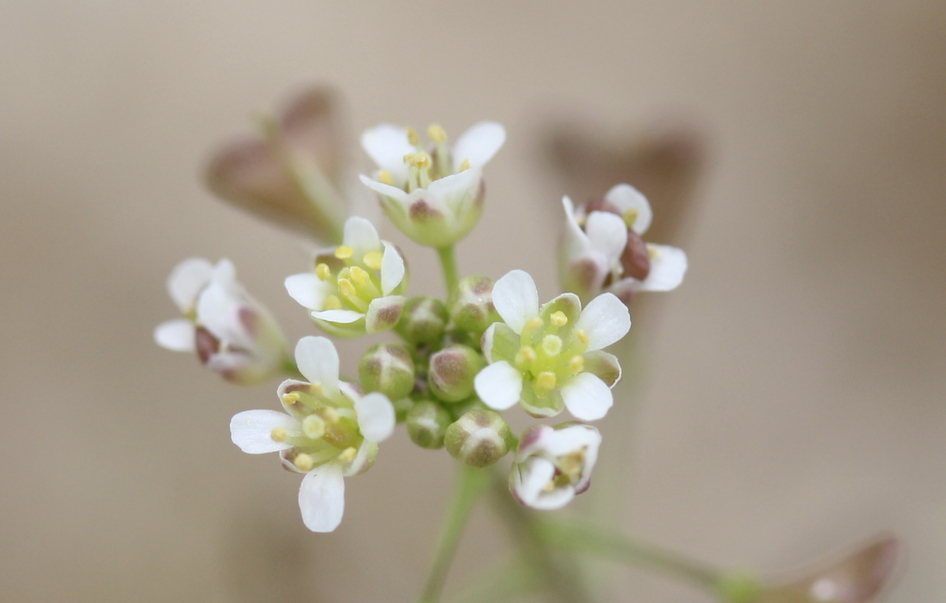
Research Interests
Understanding the forces that shape genetic variation is a long-standing aim in evolutionary biology. Due to the rapid recent improvements in sequencing technologies, the availability of data on genomic variation has greatly increased. However, understanding how natural selection shapes genomic variation still remains challenging and requires sophisticated analytical approaches.
In our research, we investigate how variation in recombination rates affects genetic variation and natural selection. We test theoretical predictions by utilizing natural variation in plant mating systems, which modulates effective recombination rates. We also utilize variation in recombination rates across genomes, for instance by studying the evolution of supergenes, genomic regions of reduced recombination which control complex adaptive polymorphisms. Our work generally involves analyses of large-scale sequencing data sets from plant systems (e.g. Arabidopsis relatives, and the classic Linumsystem studied already by Darwin).
Using population genomic analyses, we have shown that mating system variation can have a major impact on genetic variation and natural selection. We have further identified a role for cis-regulatory changes in rapid floral adaptation to a new mating system in the crucifer genusCapsella. Currently, we are studying the evolution at a classic supergene, the distyly S-locus. These studies are of broad general importance for our understanding of how natural selection shapes genomic patterns of variation and how complex adaptations can evolve.

